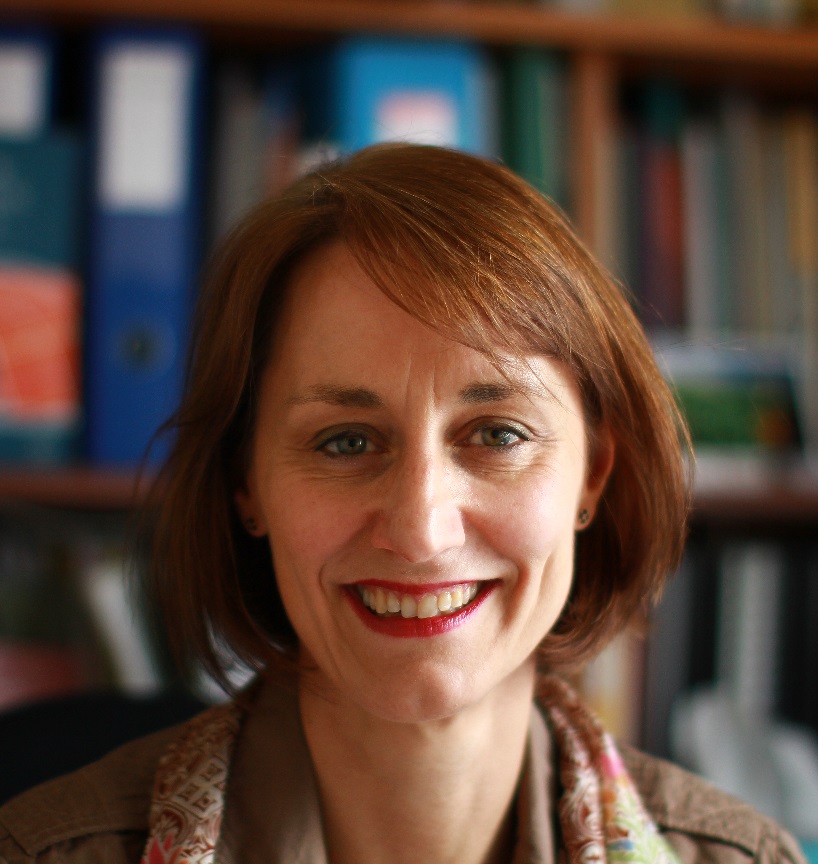 |
Hilligje van 't Land, Deputy Secretary General, International Association of Universities (IAU).
Your 15th IAU General Conference will kick off on 13 November. Is there a specific theme for the upcoming congress?
The General Conference is the supreme decision-making organ of the International Association of Universities (IAU). It meets once every four years and it is on this occasion that all IAU Members in Good Standing elect the IAU President as well as the Administrative Board Members.
The 15th IAU General Conference will be held in Bangkok, Thailand from 13-16 November 2016. Co-organized in partnership with a Consortium of Thai universities lead by Siam University, this 15th General Conference will focus on Higher Education: a catalyst for innovative and sustainable societies.
The programme of both the Conference and the business sessions are availableonline and via the general webseite.
Is your conference also of social and cultural resonance?
Yes, the Conference programme has both a social (sustainable development in all its aspects) and a cultural resonance. Meeting every year in another part of the world to ensure full participation of higher education worldwide brings with it cultural, linguistic and social considerations and contributes to intercultural understanding. The annual IAU Conferences, and the four-yearly General Conference even more so, bring together higher education leaders from some 80 to 90 countries. The academic programme provides for insights from around the globe on a given topic, offers the opportunity to learn about the academic culture of the local host institution and country and the social programme allows us to learn about the local and regional culture more broadly speaking. This year we focus on Thailand and ASEAN. Next year IAU will meet in Ghana. The challenges and opportunities and the developments of higher education in Ghana, eastern Africa and on the African continent will be presented and discussed in plenary sessions and dedicated workshops.
For your IAU General Conference you have chosen Bangkok. Why?
Each conference organized by the IAU is held at a Member institution. The IAU Board Members invite the Association to meet at their institution. The rotation from one continent to the next is each time considered before accepting an invitation. Last year we met in Europe (Siena), this year we meet in Asia (Thailand), and next year we invite our Members and representatives from the entire higher education community to meet on the African continent (Ghana).
For those delegates who cannot join you in Thailand, can they participate remotely?
Given the nature of our conferences and the fact that IAU is global, trying to ensure participation at a distance is looked into but often proves to be very costly and also difficult to put in place. All session descriptions and session reports are made available online.
What are the main challenges for the International Association of Universities these days?
There are, as for any international association, quite a few challenges and opportunities we face. Ensuring membership growth is one when university finances are decreasing and when political insecurity impacts on university administrations. We are developing new services to address new institutional and association expectations and needs. If it is a challenge to respond to expectations of the very broad IAU membership it also offers the opportunity to develop innovative approaches to these same expectations.